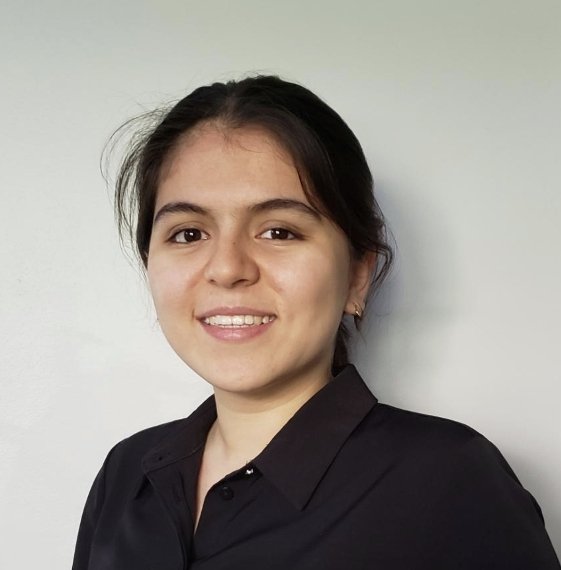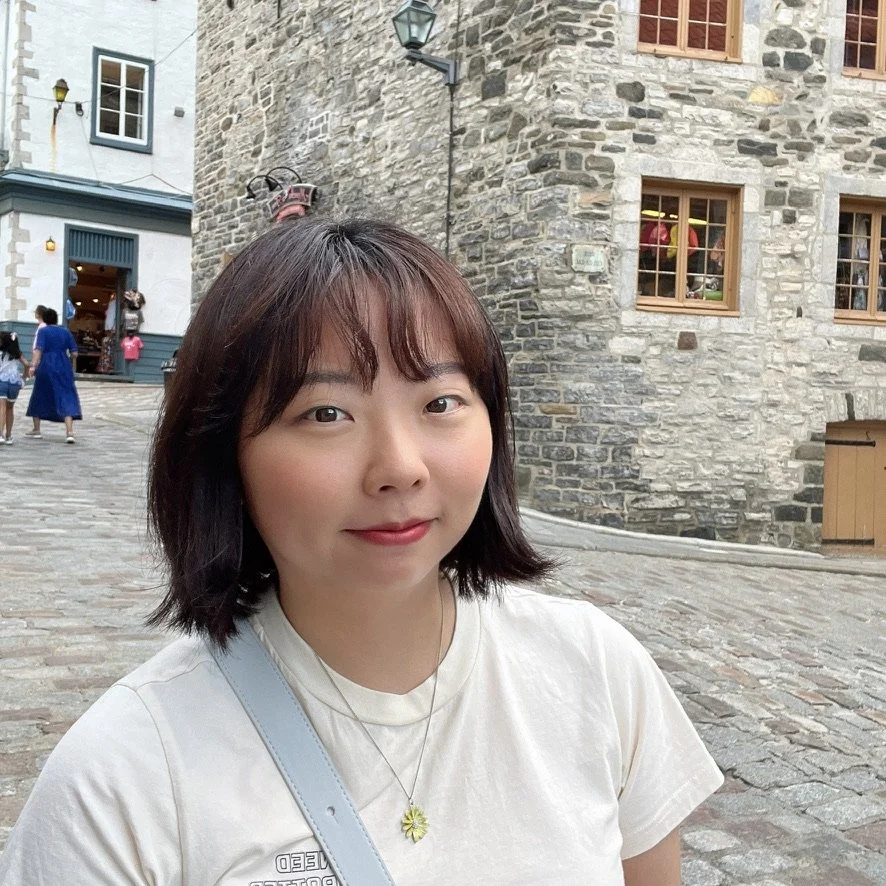PiTech News
Empowering NYC Tenants to Navigate Housing Laws with LLMs
Navigating NYC housing laws can be very challenging for tenants, especially when facing potential eviction and housing insecurity. Oftentimes, the question is not “am I protected by Good Cause Eviction”, but “I have not heard of Good Cause Eviction. What does it have to do with me?”. That’s why, this summer, I worked with Justfix as a Siegel PiTech PhD Impact Fellow, to find out if they could utilize LLMs to build chatbot-like tools to help the tenants know their rights and what actions to take to assert those rights.
Evaluating Machine Translation for Municipal Use Cases
As a Siegel PiTech PhD Impact Fellow this summer, I worked with the Research and Collaboration team at the New York City Office of Technology and Innovation (OTI) to develop a practical framework for assessing machine translation. Even though a wealth of academic research exists on the subject of machine translation quality evaluation (MTQE), it does not necessarily translate well (pun intended) into practical settings such as the City’s use cases.
Exploring LLM Summarization Techniques to Make Community Board Meetings More Accessible
As a Siegel Family Endowment PiTech PhD Impact Fellow, I worked with the Block Party team to improve the quality, clarity, and usability of their meeting summaries.
Leveraging Predictive Analytics to Support Emergency Operations in NYC
As a Rubinstein PiTech PhD Impact Fellow, I worked with NYCEM’s Office of Strategic Operations to improve preparedness and response efforts using machine learning.
Simulating patron behavior to understand how people use the New York Public Library
As a Siegel PiTech PhD Impact Fellow working with NYPL this summer, I used an Agent-Based Model (ABM) simulation as a data-centric approach to modeling community use patterns of a library.
Automating Noise Pollution Enforcement: Using AI to Streamline NYC's Noise Camera Enforcement Program
As a Siegel PiTech PhD Impact Fellow, I explored how AI could streamline NYC's Noise Camera Enforcement Program, which manually reviews thousands of noise violation recordings each month.
Early Emergency Detection and Project Risk Prediction for NYCHA
As a PiTech PhD Impact Fellow this summer, I worked on two data-driven projects with the New York City Housing Authority (NYCHA), both aimed at improving the safety and resilience of their large portfolio of buildings. NYCHA manages hundreds of developments across the city, many of which face aging infrastructure and growing maintenance challenges
Making Environmental Data More Accessible through a Digital Tool for NYC Flood Preparedness
This summer, as a Siegel PiTech PhD Impact Fellow working with the Mayor's Office of Environmental Justice, my project focused on three critical aspects of this accessibility challenge:
Understanding user needs through collaboration with environmental justice experts and community stakeholders
Consolidating data sources from technical platforms into a unified digital tool with a user-friendly interface
Designing intuitive interactions that make complex environmental data actionable for residents
Building Data Infrastructure for NYC FIRST: An Educational Third Space for STEM
How can we build data systems that help young people thrive in STEM? New York City’s educational landscape is full of afterschool programs, classrooms, and community hubs, but NYC FIRST’s growing network of STEM Centers occupies a unique position: it is a “third space” – not quite school, not quite home, but a vibrant, in-between environment where students, mentors, and community members collaborate, take risks, and discover their STEM identities (Bhabha, 1994; Beal, 2024).
Bridging Supportive Care and Independent Living through Smart Home Enabling Technology in IDD Residences
This summer, as a Frederick and Susan Rubinstein PiTech PhD Impact Fellow, I worked with the Center for Family Support (CFS) on a “Smart Home Integration Proposal” for residential care settings. CFS is a non-profit dedicated to promoting independence and community integration for over 1,050 people with intellectual and developmental disabilities (IDD) across New York and New Jersey through services like group homes, day programs, and self-directed support.
Understanding Technology-facilitated Abuse and Coercive Control Risks in a Generative AI World
This summer, I worked as a PiTech PhD Impact Fellow with the Clinic to End Tech Abuse (CETA) to examine how new and emerging technologies could be weaponized for interpersonal violence.
Leveraging Modern Language Modeling Technologies to Detect Duplicate Legislative Service Requests
As Siegel PiTech PhD Impact Fellow, my project this summer was to utilize modern language modeling technologies to improve the existing Duplicate Checker. This blog post explores how I approached the problem, the technologies used, and the challenges the New York City Council Data Team and I overcame.
Introducing the 2025 Siegel and Rubinstein PiTech PhD Impact Fellows: Our most ambitious summer yet!
PiTech is excited to kick off another summer for the PiTech PhD Impact Fellowship— our most ambitious one yet!
The program has more than doubled in size this year, growing from 10 to 21 fellowship placements. This expansion reflects a rising recognition among students and public interest organizations of the value in bringing together cutting-edge expertise and responsible tech perspectives into the non-profit and public sectors.




















